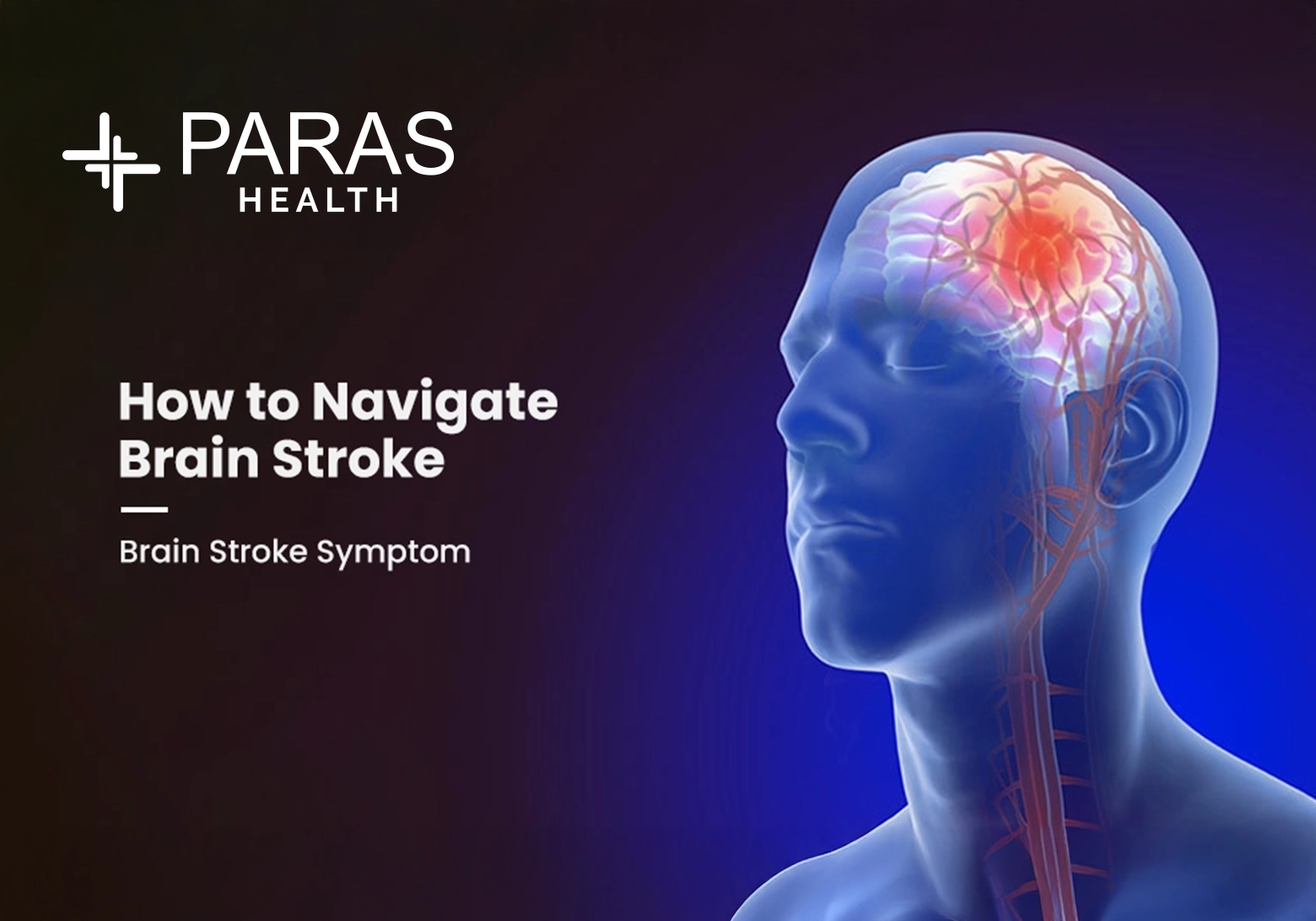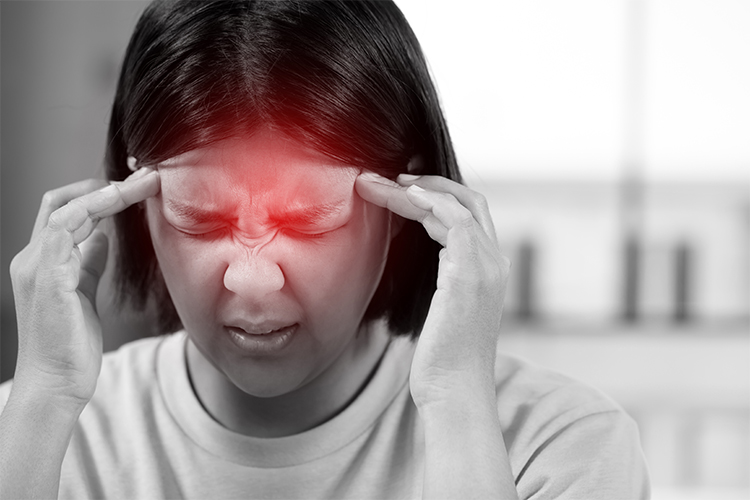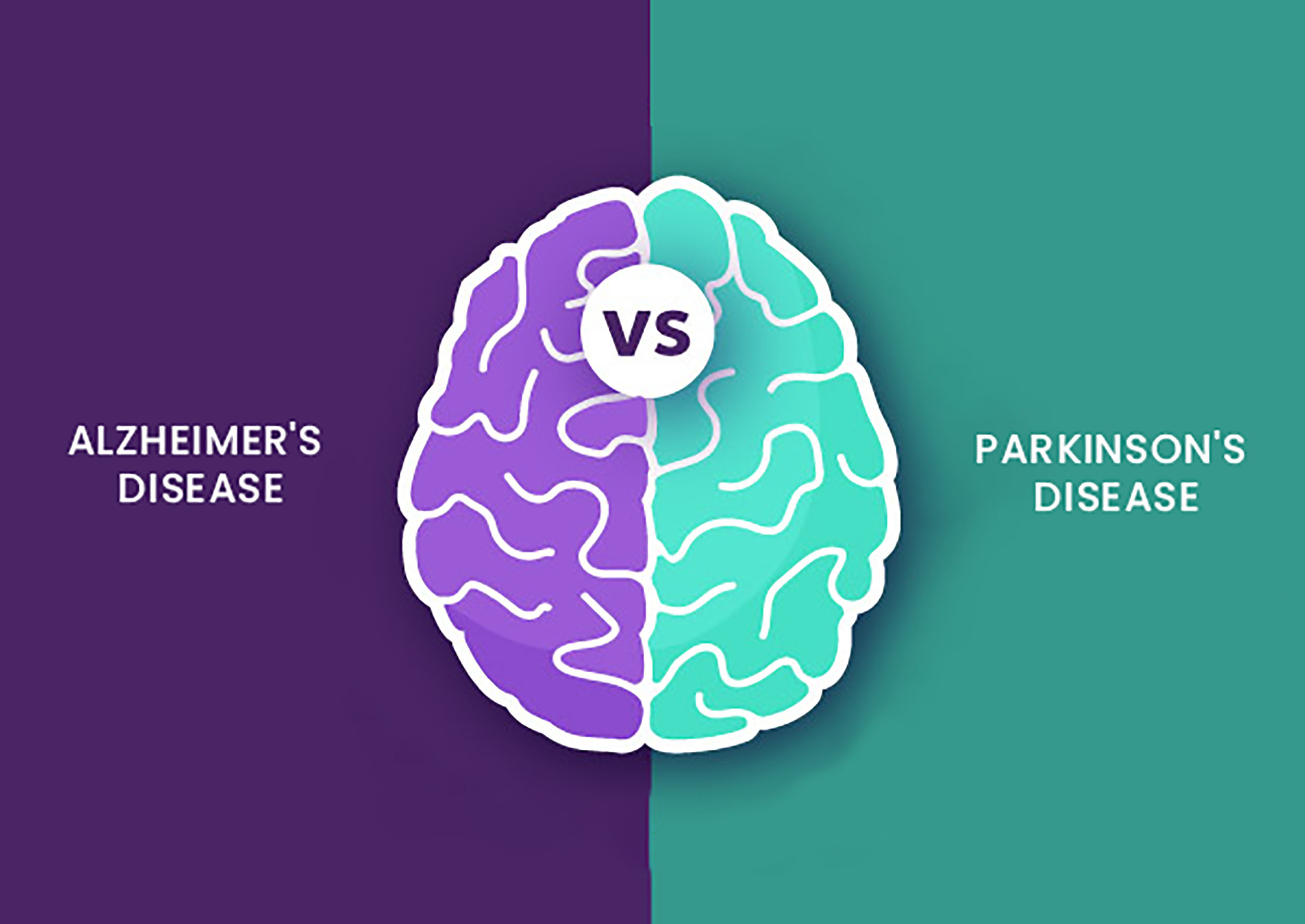Symptoms of Cerebral Palsy

Apr 19, 2022
Cerebral palsy is the disorder of movement, posture or muscle tone which results from damage occurring to an immature and developing brain, mostly before birth.
Individuals having cerebral Palsy could have problems in swallowing & very commonly have imbalance of eye muscle, wherein which eyes do not focus on the same object. Individuals having cerebral Palsy may also face lessened range of movement at various joints in the body because of stiffness of muscles.

Symptoms of Cerebral Palsy
Signs & symptoms can greatly vary. Movement & coordination issues linked with Cerebral Palsy could comprise of:
- Variations in the muscle tone like being either too floppy or too stiff
- Stiff muscles with the normal flexes or rigidity
- Stiff muscles & exaggerated reflexes or spasticity
- Ataxia or Lack of muscle coordination
- Athetosis or slow, writhing movements
- Involuntary movements or tremors
- Delays in reaching the motor skills milestones like pushing up on the arms, crawling or sitting up alone
- Difficulties in walking i.e. walking on the toes, crouched gait which is a scissors-like gait with the knees crossing, an asymmetrical gait or a wide gait
- Favoring 1 side of body, i.e. reaching with only 1 hand or even dragging a leg while crawling
- Excessive problems or drooling in swallowing
- Difficulties in speaking or delays in speech
- Difficulties in eating or sucking
- Seizures
- Difficulties in precise motions like picking up a spoon or pen
The disabilities linked with cerebral palsy could be restricted mainly to 1 limb or 1 side of body or it could even affect the entire body. Brain disorder which causes cerebral palsy does not transform with time hence the symptoms generally do not worsen with age. But, shortening and rigidity of muscle & could get worse if an aggressive treatment is not adopted.
The abnormalities of brain linked with cerebral palsy also can contribute to the other neurological issues. Individuals having cerebral palsy could also have the below:-
- Difficulties with hearing and vision
- Seizures
- Intellectual disabilities
- Abnormal pain or touch perceptions
- Mental health or psychiatric conditions
- Oral diseases
- Urinary incontinence







